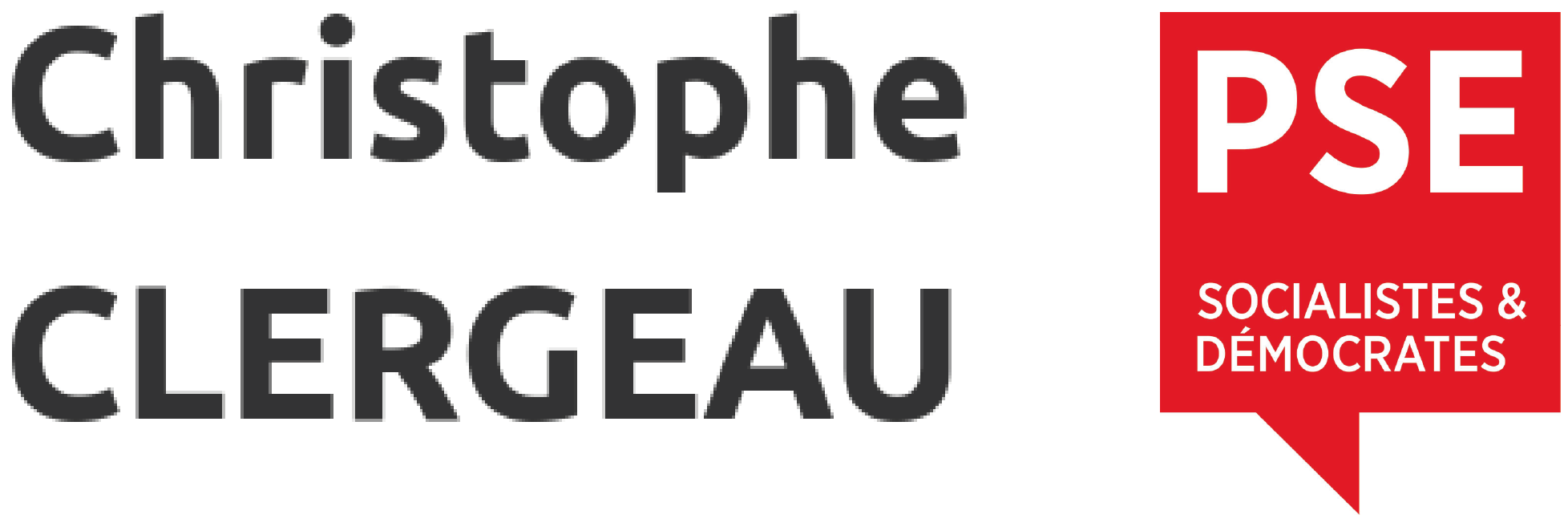26 January 2024
Dear Commissioner Kyriakides,
Dear Commissioner Sinkeviëius,
I write to express my deep concern and seek urgent clarification on a matter of great importance for public health – the overlooked presence and impact of PFAS (per- and polyfluoroalkyl) pesticides used in our agricultural sector, as revealed by a recent NGO report (1). According to the report, the current EU pesticide assessment fails to address the presence of PFAS as active substances in pesticide products. This results in risks to both the environment and human health and requires urgent action by the Commission.
According to the Commission (2), « the chemical class of PFAS poses concernsf or human health and the environment because of their persistence and potential mobility, bioaccumulation and toxicity. » Therefore, the Commission pledged to phase out PFAS in Europe in its Chemical Strategy for Sustainability and non-toxic environment ambition. Earlier this year, this commitment was turned into a proposal for universal restriction of PFAS under Regulation (EC) 1907/2006 (« REACH Regulation ») building on the « unacceptable risk to human health and the environment » posed by these substances.
Since 2011, the EU Regulation (EC) 1107/2009 (« Pesticide Regulation ») provides that pesticides and their individual compounds approved in the EU, along with their metabolites, shall have « no harmful effects on human health and animal health » and « no unacceptable effects on the environment »,taking into account their fate and distribution in soil and water and their impact on biodiversity and ecosystems. As part of its Farm to Fork Strategy, the Commission committed to significantly reduce the dependence of its agriculture on synthetic pesticides, including more hazardous pesticides, by a substantial update of the mandatory concept of Integrated Pest Management across Europe (3).
Nevertheless, the proposal for a PFAS restriction unveiled that 37 active substances currently approved under the Pesticide Regulation are PFAS. These substances were excluded from the scope of the proposal for a PFAS restriction on the grounds that they are sufficiently regulated under the Pesticide Regulation. The new report by PAN Europe and Générations Futures, however, revealed that this is not the case. The presence and toxicity of PFAS among EU- approved active substances in pesticides is overlooked by risk regulators and managers in the context of pesticide approval.
The report delves into the persistence of most of these substances and/or their metabolites, including trifluoroacetic acid (TFA). It further shows that some PFAS active substances exhibit additional toxic properties for the environment and humans but for many of them a considerable degree of uncertainty persists due to the poor assessment of their metabolites, potential endocrine-disrupting properties, and overall environmental impact as well as data gaps. Yet all these substances have been approved contrary to the approval requirements of the Pesticide Regulation.
Furthermore, the data presented indicate a significant threefold surge in the presence of pesticides containing PFAS active substances from 2008 to 2021 in France. German data (4) parallelly accentuate this concerning trend, indicating a noteworthy increase in PFAS pollution attributable to pesticides.
This gives rise to concerns for their impact on the environment and/or human health. In light of these concerns, we seek your immediate attention to the following:
1. Exhaustive list of PFAS pesticides: In the PFAS restriction dossier, the provided list of PFAS active substances is mentioned as indicative only. To ensure no data gap remains, can the Commission provide me with an exhaustive list of active substances meeting the PFAS OECD definition? If not, could it mandate the European Food Safety (EFSA) to carry out that work ?
2. Phasing out PFAS pesticides: Given the hazardous properties, deliberate release, and increasing prevalence of PFAS pesticides, do you agree to take action to ensure that PFAS in pesticides are phased out? What measures does the Commission propose ?
3. Stricter risk management approach: Will the Commission consider persistence as an unacceptable effect on the environment and a reason to trigger the precautionary principle during the renewal procedures for PFAS substances under the Pesticide Regulation? Additionally, could the Commission reconsider the proposed derogation and ensure that active substances used in pesticides are included in the PFAS restriction ?
4. Improve the risk assessment procedure. In line with the recommendations of the PEST Committee in 2019 to improve the assessment procedure of pesticides in Europe, we would like to reiterate the need to implement the high level of protection foreseen in the Pesticide Regulation:
a. By adopting clear scientific criteria for what constitutes unacceptable effect to the environment taking into account real-life exposure (acute and chronic) to multiple pesticides and therefore several PFAS active substances.
b. By issuing non-renewals for substances that do not fulfil the approval criteria, whether this is because of data gaps or unfinished issues.
I believe that swift action is imperative to address this deliberate and direct source of PFAS pollution, protect the health of European citizens and that of the next generations and achieve a toxic-free environment. I look forward to your prompt response and collaboration to ensure the comprehensive and effective regulation of PFAS pesticides.
Yours sincerely,
Christophe Clergeau (S&D, France)
—————–
1 Europe’s Toxic Harvest: Unmasking PFAS Pesticides Authorities in Europe I PAN Europe (pan-europe.info) https://www.pan-europe.info/resources/reports/2023I11Ieuropes-toxic-harvest-unmasking-pfas-pesticides- authorities-europe#overlay-context=
2 EUR-Lex – 52020SC0249 – EN – EUR-Lex (europa.eu) https://eur-lex.europa.eu/legal-content/EN/TXT/?uri=CELEX%3A52020SC0249
3 Proposal for a Sustainable Use of Pesticides Regulation (SUR).

